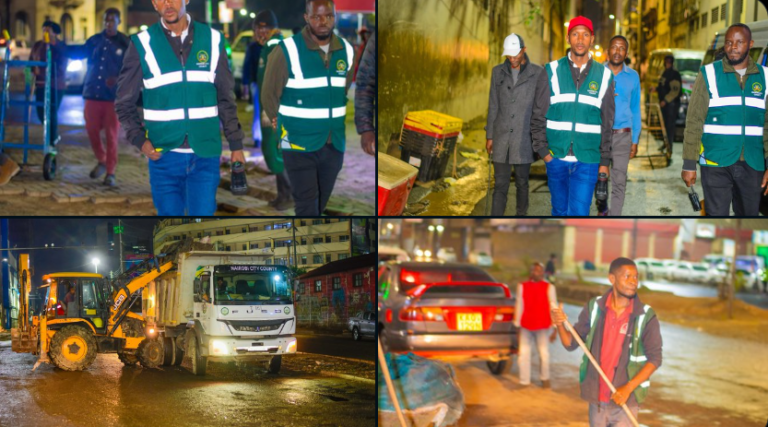Nairobi, Kenya – The Kenyan government has taken a bold step by declaring gender-based violence (GBV) the most pressing security threat in the country. This announcement comes amid alarming statistics showing that 100 women have lost their lives to femicide over the past four months, most at the hands of acquaintances, including intimate partners. A Growing Crisis The rise in cases of GBV and femicide has sent shockwaves across the nation, sparking public outcry and calls for immediate action.
Women’s rights groups have described the situation as a national emergency, citing systemic failures to protect women and enforce laws against GBV.”The numbers are staggering, and they represent lives cut short by violence that is deeply rooted in our society,” said Jane Wanjiru, a spokesperson for the Federation of Women Lawyers in Kenya (FIDA). “This crisis demands urgent and sustained action from all sectors of society.”Government Response response to the crisis, the government has established a specialized police unit to investigate and combat femicide cases.
The unit will work closely with local communities to prevent GBV, protect survivors, and bring perpetrators to justice. Additionally, President William Ruto has formed a working group tasked with proposing solutions to eradicate GBV. This group will include experts from law enforcement, civil society organizations, healthcare, and survivors of GBV, ensuring a holistic approach to the problem. Public and Institutional Support First Lady Rachel Ruto has lent her voice to the fight against GBV, emphasizing the need for grassroots initiatives and community engagement to break the cycle of violence. “We must educate our sons and daughters, challenge harmful cultural norms, and ensure justice for all victims,” she stated. Civil society organizations have also intensified their advocacy efforts, organizing awareness campaigns and providing support services for survivors.
The National Gender and Equality Commission has pledged to hold institutions accountable for implementing GBV policies effectively. Root Causes and Challenges Experts point to a complex mix of factors contributing to the crisis, including entrenched patriarchal norms, economic stress, and inadequate support systems for survivors. Despite Kenya’s progressive legal framework, enforcement remains a challenge, and stigma often deters victims from seeking help.”The culture of silence around GBV must be broken,” said Dr. Emily Mwangi, a gender studies professor at the University of Nairobi. “This is not just a women’s issue; it affects everyone and requires a united effort.”Path Forward The government’s initiatives signal a critical turning point in addressing GBV in Kenya.
However, activists caution that sustained funding, political will, and comprehensive implementation will be essential to achieving meaningful change. Key steps include: Strengthening the legal framework to ensure harsher penalties for GBV offenders. Expanding access to shelters, counseling, and legal aid for survivors. Conducting nationwide education campaigns to challenge harmful gender norms. Empowering women economically to reduce dependency and vulnerability. A Call for Unity The declaration of GBV as a national security threat marks a significant milestone in Kenya’s fight against gender-based violence. As the government, civil society, and citizens rally together, the hope is that this crisis can galvanize long-overdue reforms and lead to a safer and more equitable society for all. The road ahead may be challenging, but the commitment to ending GBV in Kenya has never been clearer.




